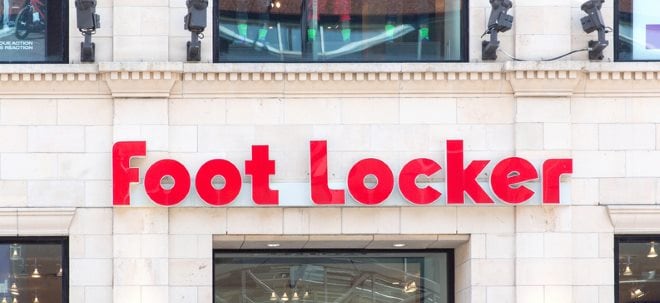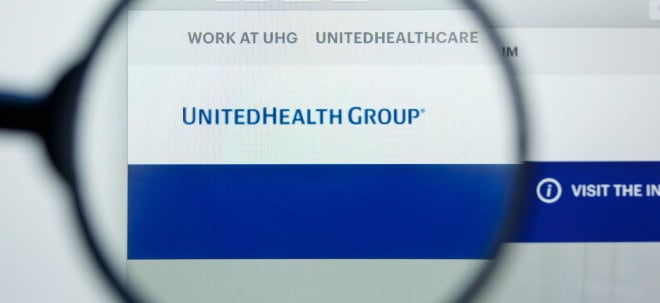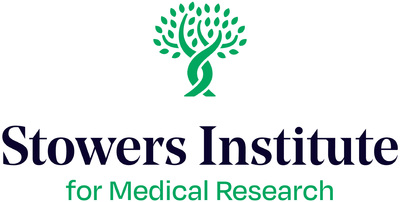Stowers Institute appoints new Investigator and Fellow to explore protein evolution and the origins of cellular complexity
Arvind Pillai, Ph.D., from the University of Washington, and Friederike Benning, Ph.D., from Harvard University/Massachusetts General Hospital, will join the Institute in Fall 2025
KANSAS CITY, Mo., May 15, 2025 /PRNewswire/ -- The Stowers Institute for Medical Research announces the addition of two new scientists whose research investigates the evolution and function of proteins —shedding light on life's origins and potentially paving the way for new biomedical innovations.
Arvind Pillai, Ph.D., will join the Institute as an Assistant Investigator and Friederike Benning, Ph.D., will become the newest Jim and Virginia Stowers Fellow. Their appointments further strengthen the Institute's mission to uncover life's fundamental principles and advance the understanding of human health and disease.
"Welcoming these two promising scientists to our team comes at a remarkable time in the life sciences where we now have the technology to make strides we once could only dream of," said Alejandro Sánchez Alvarado, Ph.D., President and Chief Scientific Officer of the Stowers Institute. "They are bringing infectious curiosity that will elevate our scientific pursuits. These appointments reflect our ongoing commitment to empowering scientists who push the boundaries of discovery."
Pillai joins the Institute as an Investigator from the lab of 2024 Nobel Laureate David Baker, Ph.D., at the University of Washington and the Institute for Protein Design. Pillai will launch a lab dedicated to exploring how new protein structures originate during evolution and develop methods to control and harness protein design for potential therapies. Using artificial intelligence and biochemical techniques, Pillai seeks to understand the principles behind protein design: folding, dynamics, form, and function.
"We still don't fully understand how proteins—these unimaginably complex molecules—emerge from a sea of randomness," said Pillai. "My lab aims to uncover the genetic and physical forces that shape protein evolution and use that insight to potentially design new molecular machines with future therapeutic potential."
A biochemist and evolutionary biologist, Pillai is especially interested in understanding how order arises from chaos. For biology, this manifests through investigating how trillions of potential amino acid combinations result in precise, functional proteins that power all cellular processes.
"I plan to combine advanced artificial intelligence with deep evolutionary questions that have haunted biologists for centuries," said Pillai.
His research not only seeks to retrace these evolutionary pathways but also to harness those insights to build new proteins that could one day act as molecular sensors that could detect pathogens, therapeutic delivery systems to target tumors, or tools to diagnose disease—potentially for conditions such as cancer and Alzheimer's.
"There's something deeply profound about tracing how life assembles its most fundamental components," Pillai added. "Understanding how evolution navigated this complexity not only reveals our biological past—it gives us the tools to shape the future of precision medicine."
Benning joins the Institute from Harvard University and Massachusetts General Hospital as the latest Jim and Virginia Stowers Fellow – a position awarded to early-career scientists with bold research ideas. Benning's research explores the complexity of energy generation in evolution by studying the vast and largely untapped world of bacterial membrane structures—particularly in Alphaproteobacteria—whose ability to adapt and form membrane folds have enabled them to survive in a variety of harsh environments.
"Many membrane shapes are still unknown," said Benning. "By understanding how proteins sculpt these membranes, we can not only learn more about the evolution of cells that give rise to complex life—but also develop innovative tools like customized vesicles for more effective drug delivery."
Benning's work aims to bring a new experimental approach to studying these organisms, cultivating difficult-to-grow bacteria from extreme environments—ranging from volcanoes to the bottom of the oceans—and visualizing the proteins that shape their unique membrane folds and forms.
"What makes Stowers special is the freedom to chase big, bold ideas—and the support to do so with long-term vision," Benning said. "Here, I feel like an astronaut of the cell, I get to explore this new universe, asking questions no one's asked before and building the tools to find the answers."
"Friederike's and Arvind's research projects embody creativity, collaboration, and a relentless drive to ask big, far-reaching questions," said Kausik Si, Ph.D., Scientific Director of the Institute. "We are excited to see the discoveries from their labs and how they will inspire new ways of thinking about life at its most fundamental levels."
About the Stowers Institute for Medical Research
Founded in 1994 through the generosity of Jim Stowers, founder of American Century Investments, and his wife, Virginia, the Stowers Institute for Medical Research is a non-profit, biomedical research organization with a focus on foundational research. Its mission is to expand our understanding of the secrets of life and improve life's quality through innovative approaches to the causes, treatment, and prevention of diseases.
The Institute consists of 20 independent research programs. Of the approximately 500 members, over 370 are scientific staff that include principal investigators, technology center directors, postdoctoral scientists, graduate students, and technical support staff. Learn more about the Institute at www.stowers.org and about its graduate program at www.stowers.org/gradschool.
Media Contact:
Joe Chiodo, Head of External Communications and Media Relations
724.462.8529
press@stowers.org
![]() View original content to download multimedia:https://www.prnewswire.com/news-releases/stowers-institute-appoints-new-investigator-and-fellow-to-explore-protein-evolution-and-the-origins-of-cellular-complexity-302456743.html
View original content to download multimedia:https://www.prnewswire.com/news-releases/stowers-institute-appoints-new-investigator-and-fellow-to-explore-protein-evolution-and-the-origins-of-cellular-complexity-302456743.html
SOURCE Stowers Institute for Medical Research




